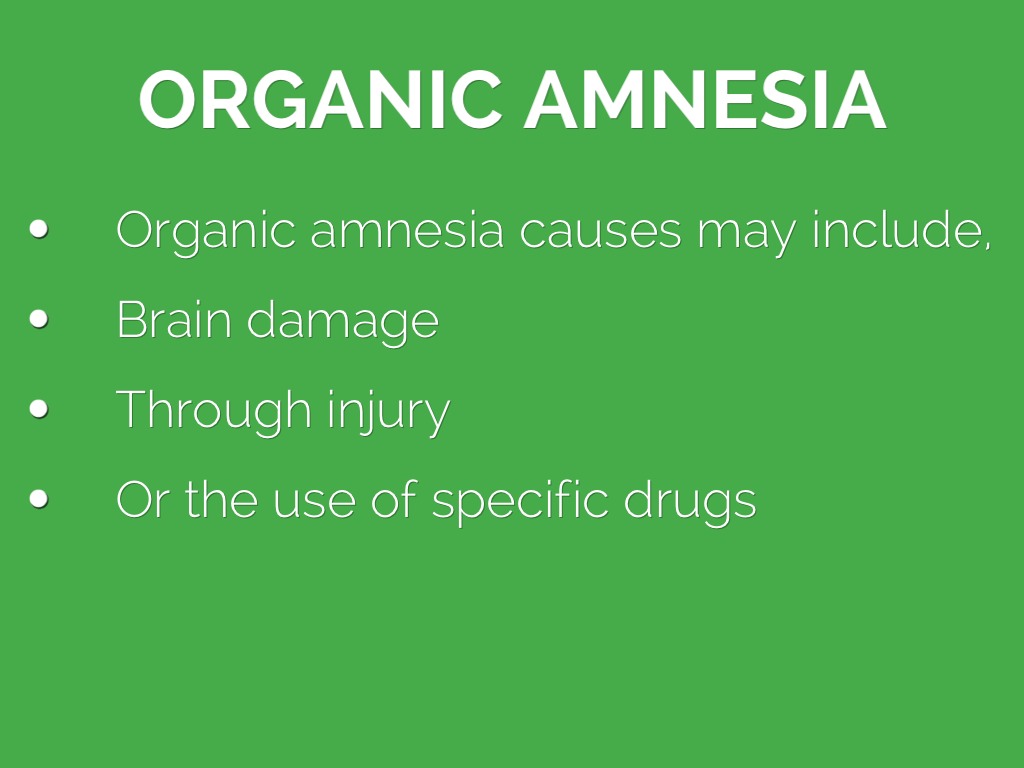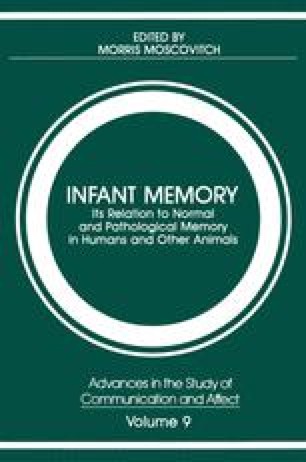

Memory problems are often divided into three types: problems with encoding memories, difficulties in maintaining the memory and problems with memory retrieval. More neurologically based theories have suggested an inability of the immature brain to form long-lasting episodic memory circuits. Others have suggested, using a theory of mind, that to maintain episodic memories one needs to have a developed sense of self, which only becomes established later in development. One early suggestion is that because many of these memories are created before language skills become solidly established, early memories become hard to retrieve later when much of our mental processing is language dependent. Psychologists have long wondered what is responsible for the loss and why perfectly good memories disappear unless they are constantly being refreshed.
CHILDHOOD INFANTILE AMNESIA HOW TO
We know that this episodic memory is different from procedural or factual memory, such as how to walk or talk, which remains. However, access to these episodic memories (memory for personal events) seems to disappear as children grow older, only to be replaced by more permanent adult memories. Toddlers are perfectly capable of remembering things at this time they recognize and remember people, learn words and remember places and experiences.


Usually what we know of these years is due only to what we’ve heard from our parents (or others) and seen in photos. We all experience a phenomenon called infantile amnesia: a gap in our memory for the personal events happening in the first few years of our lives.


 0 kommentar(er)
0 kommentar(er)
